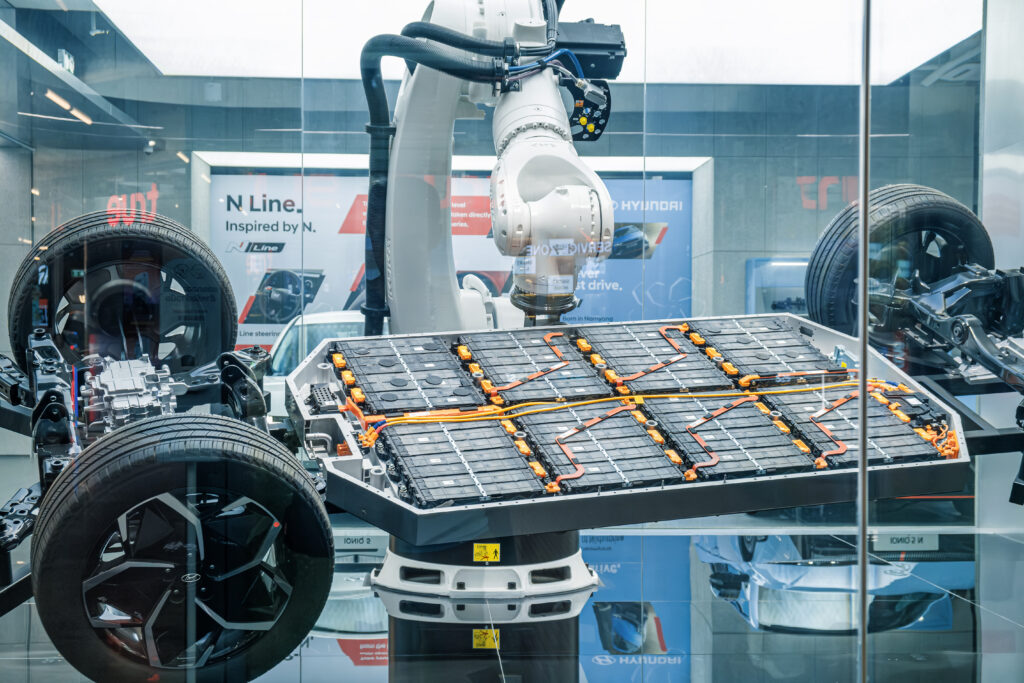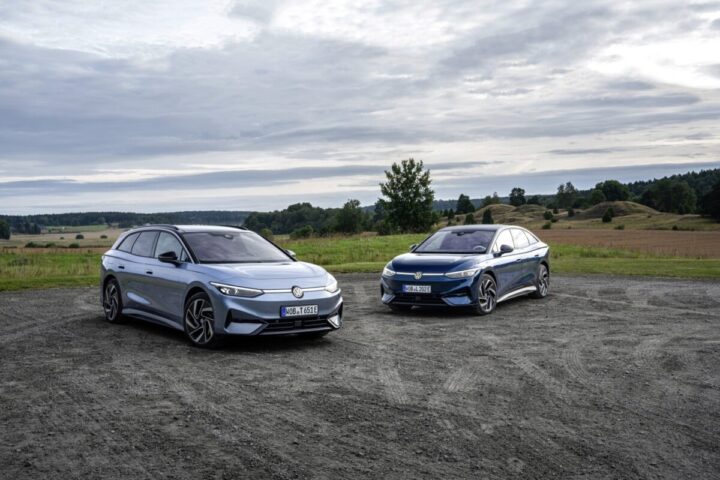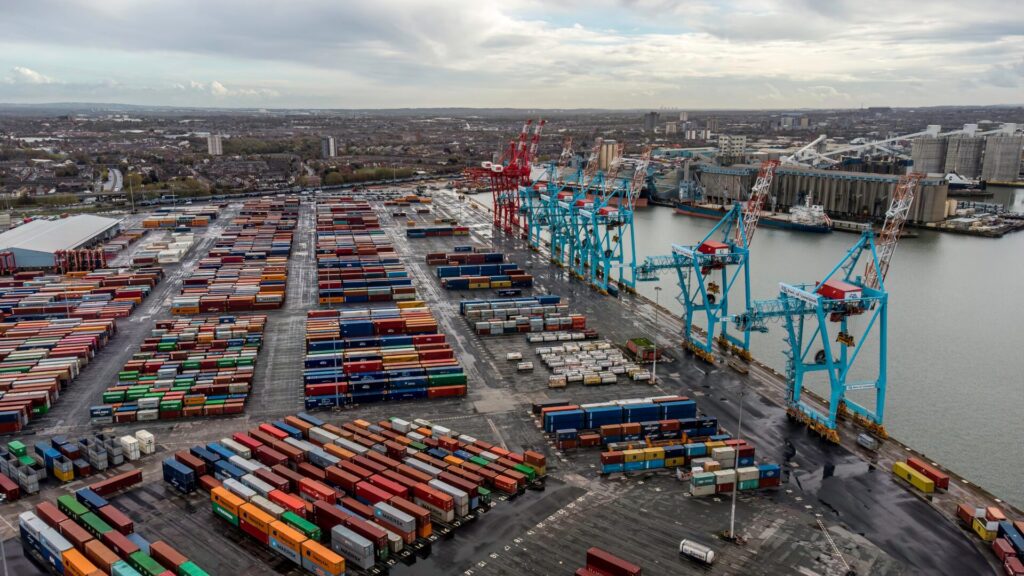Data from New AutoMotive estimates that between 140,000 and 250,000 new jobs could be created due to the transition to electric vehicles (EVs).
The battery supply chain sector currently employs 62,274 people across the continent, with 30,600 in gigafactories, across 179 projects.
Ben Nelmes, CEO of New AutoMotive, said: “Jobs in gigafactories and electric car manufacturing are not just a vague promise of the future, they are today’s reality.
“We found that behind the headlines, Europe has a thriving and rapidly growing battery supply chain, creating jobs and contributing to economic growth.
“But this growth is not guaranteed. The development of this exciting and innovative sector depends on growing electric car sales.
“Europe needs ambitious policies that encourage carmakers to boost their electric car production, so that Europe can take its place in the global economy as a significant producer of the technologies that will deliver clean, cheap, modern transport.”
By 2030, New AutoMotive estimates that 300,000 people could be employed in the industry across the continent.
These new jobs will depend on the EU holding firm on EV commitments, with clear industrial policy essential in securing the investment required.
The firm warns that potential exemptions in the ZEV mandate for synthetic fuels, or hybrids could risk undermining job creation.
New AutoMotive has developed an app to track the EV transition across Europe, which it hopes will help public and private stakeholders understand the different projects involved in paving the way for the transition.
Chris Heron, secretary general of E-Mobility Europe, said: “Hundreds and thousands of jobs are still to play for, across Europe’s battery value chain.
“But we need Europe to level up its political support for scaling-up local projects. We can guide policymakers to act with a clear quantification of where investments are happening across their territories.
“Today’s new battery map is a valuable tool here.”
















